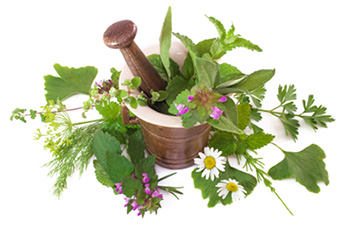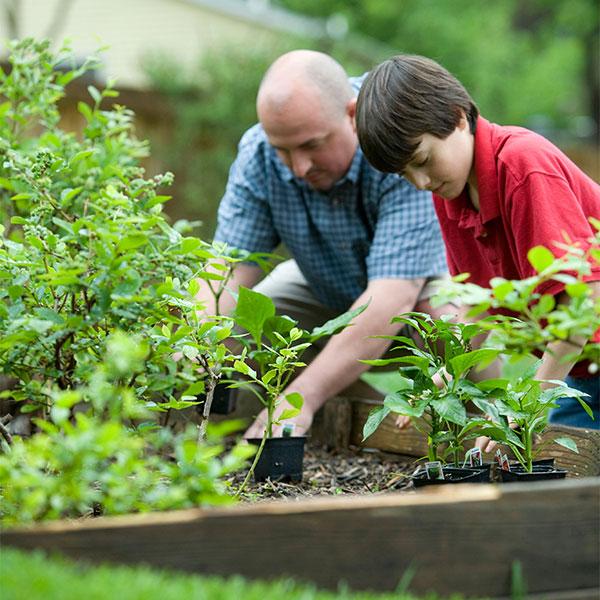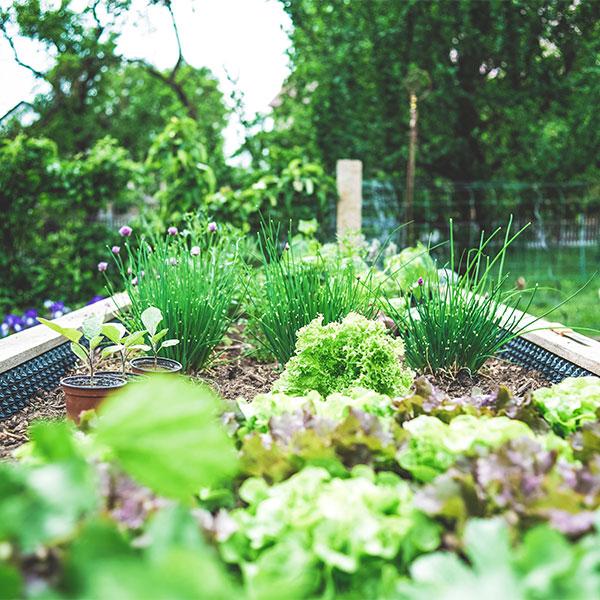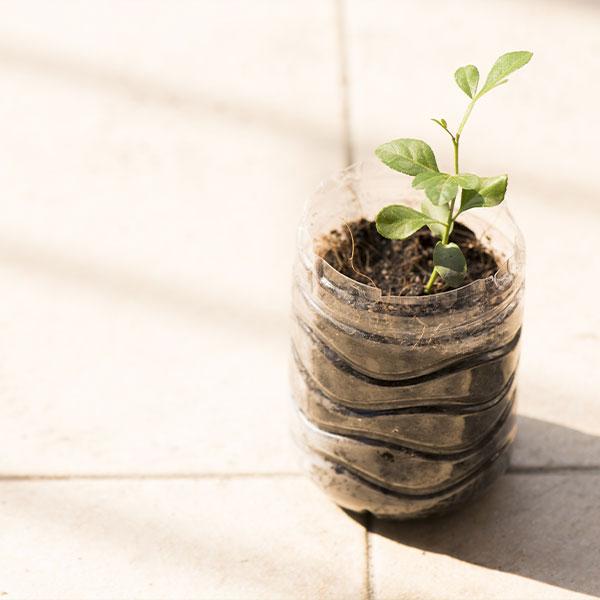Herbs have been used for thousands of years to promote natural healing and effective self-care. From Borage to Cayenne, these plants offer remedies for infections, blood loss, sickness, and more. This guide explores common medicinal herbs and how they can help in emergencies. Mastering the use of medicinal herbs enhances your self-sufficiency and can save money.
Before You Use Herbs
While herbs are natural, they must be used with caution. Medicinal herbs are potent and may interact with medications or other herbs. Always research before starting a new herbal remedy. Consulting your physician before using medicinal herbs is strongly recommended. Potential side effects include allergic reactions and reduced effectiveness with prolonged use.

Top Medicinal Herbs
Borage
Borage produces vibrant blue flowers and has edible leaves and blossoms. It's known for regulating metabolism and the hormonal system, alleviating PMS, and providing anti-inflammatory benefits due to its high gamma-linolenic acid (GLA) content. Avoid Borage if you have liver disease. Commonly consumed as tea or fresh on salads, this herb thrives in well-drained soil and full sun. Plant clusters 8 inches apart after the last frost.
Calendula
Known as pot marigold, Calendula is used for its antiviral and anti-inflammatory properties. It treats acne, abdominal cramps, and hemorrhoids, and promotes wound healing. Fresh petals can be added to salads, while dried ones are a saffron substitute. Grow in healthy soil under full sun, planting 16 inches apart. Deadhead flowers for continual blooms.
Cayenne
Cayenne peppers, rich in capsaicin, are excellent for digestive health, pain relief, and circulation. Capsaicin creams treat arthritis and muscle pain. Cayenne grows best in warm, sunny soil. Start seeds indoors and transplant after frost risks are gone.
Dandelion
Dandelions, rich in vitamins and minerals, serve as diuretics and support liver health. Leaves are best when young and can be eaten raw or cooked. Roots are used as a caffeine-free coffee substitute. Dandelions are resilient and grow in light soil.
Echinacea
Echinacea supports immune health and shortens colds. Use it as tea, tinctures, or juice. It grows in well-drained soil and sunny spots, tolerating drought once established.
Fenugreek
Fenugreek supports lactation and diabetes management. Its seeds and leaves are versatile in cooking. Plant in sunny locations and expect pods by summer.
Hyssop
Hyssop, known for its minty flavor, helps treat pulmonary issues and is used in teas. Grow in sunny, well-drained soil, spacing plants 12 inches apart.
Lemon Balm
Lemon Balm promotes relaxation and may aid Alzheimer's research. Its leaves are used in teas or as a mosquito repellent. Grow in cool, partially shaded spots.
Yarrow
Yarrow is valued for stopping bleeding and is used in teas or as a topical remedy. It grows well in less fertile soil and tolerates drought.
Share Your Recommendations
What medicinal herbs do you find most useful? Share your experiences in the comments below and help others along their journey toward natural healing and self-sufficiency.














